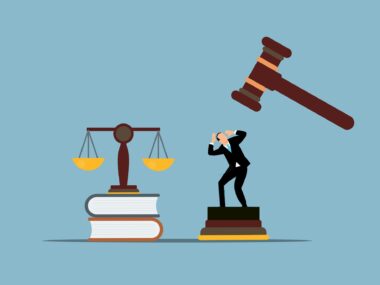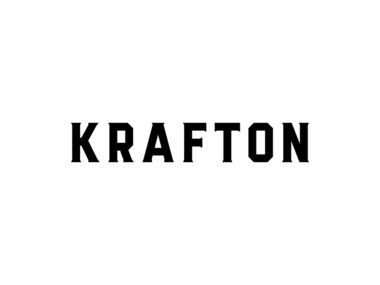Google’s new AI-powered search features, AI Overviews and AI Mode, are changing the internet as we know it. By using publisher content to train and fuel these tools without permission, Google is raising a critical question: what happens to the open web when its most valuable content is harvested without consent?
This isn’t just about AI. It’s about who controls the flow of information, who gets paid for it, and whether the current system is sustainable for anyone except the tech giants.
Google’s Quiet Grab: A Business Decision Disguised as Innovation
A leaked internal document revealed a conscious decision by Google executives, namely Chetna Bindra and Liz Reid, not to ask publishers for consent. According to the leak, the company deemed the process of obtaining permission and allowing opt-outs for specific features to be too “complex.” The result? Google made a “hard red line” decision: use the content, don’t ask questions, and keep updates silent.
This isn’t an oversight. It’s strategy. By refusing to engage with publishers and choosing to silently update AI models, Google sidesteps messy negotiations, legal entanglements, and, most importantly, revenue-sharing.
It’s a model that prioritizes speed and simplicity, for Google, at the direct expense of publishers who make the internet worth searching in the first place.
The Fallout for Publishers: Traffic Down, Revenue Gone
Google’s AI Overviews often give users immediate answers without needing to click through to a website. This means fewer visitors, fewer ad impressions, and fewer sales for publishers. For news organizations, recipe blogs, product review sites, and thousands of small businesses, Google is no longer a source of traffic. It’s competition.
The News/Media Alliance, which represents major news organizations, has publicly accused Google of “theft.” And it’s not hard to see why. These publishers have no real way to opt out of individual AI features without disappearing from Google Search entirely. An unacceptable and economically devastating outcome in a market where Google holds overwhelming dominance.
A Bigger Power Play: Expanding AI, Shrinking the Web
Earlier this month, Google expanded its AI Mode to all users in the U.S., further cementing its transformation from a search engine into an answer engine. While this might seem like a convenient evolution for users, it comes with massive implications for how information is produced and monetized online.
Danielle Coffey, CEO of the News/Media Alliance, is calling for the Department of Justice to step in. She argues this isn’t just an ethical issue, it’s a legal one that intersects with Google’s ongoing antitrust trial. The court has already ruled that Google’s search dominance violates antitrust laws. Now, publishers are pushing for AI-related overreach to be included in those discussions.
The Fundamental Problem: You Can’t Strip-Mine the Internet and Expect It to Survive
Google’s entire business model relies on web content. That content doesn’t come from nowhere. It comes from people, businesses, and organizations that depend on traffic and revenue to survive.
And here’s the uncomfortable truth: AI tools and search engines don’t need the entire web to thrive. They just need a few high-quality sources to train on and generate answers. That means most creators can be discarded without consequence, from the algorithm’s perspective.
If this trend continues, it could lead to mass content collapse. Why maintain a website, write a blog post, or publish breaking news if Google can just scrape the content, paraphrase it, and never send you a single visitor?
That’s not innovation. That’s extraction.
Where Is the Line Between Innovation and Exploitation?
Google’s refusal to offer fair compensation or consent mechanisms isn’t a minor policy oversight. It’s a business model that leans into greed over ethics. And it raises legal questions, too. How is it fair use to take copyrighted content, monetize it, and return nothing to the people who created it?
The slow erosion of publisher value isn’t just a tech issue. It’s a threat to jobs, creativity, and the free flow of diverse ideas online. If AI companies continue this path unchecked, we risk building a future where only a few dominant platforms hold all the power, and everyone else is locked out of the value chain.
The Web Is Worth Protecting
AI is not going away. Nor should it. But if companies like Google want to reshape how we access information, they must also be held accountable for how they acquire and monetize it. That means legal protections, enforceable opt-outs, and revenue-sharing agreements that don’t destroy the incentive to publish online in the first place.
Because without creators, there is no web. There has to be a compromise.
Without fairness, there is no future for anyone but the monopolies.






